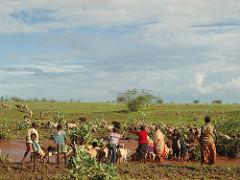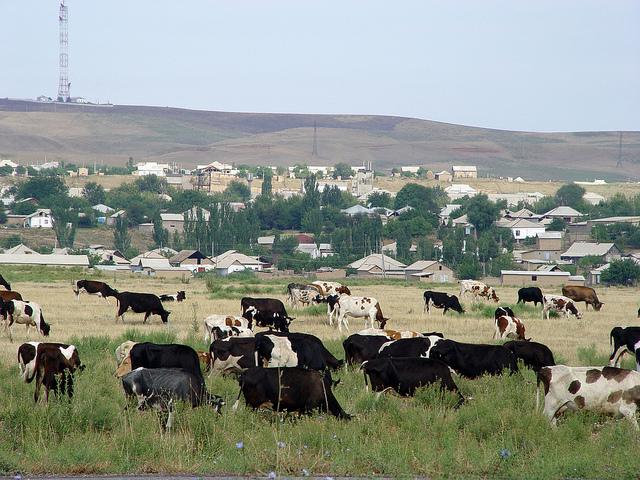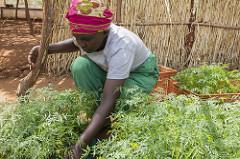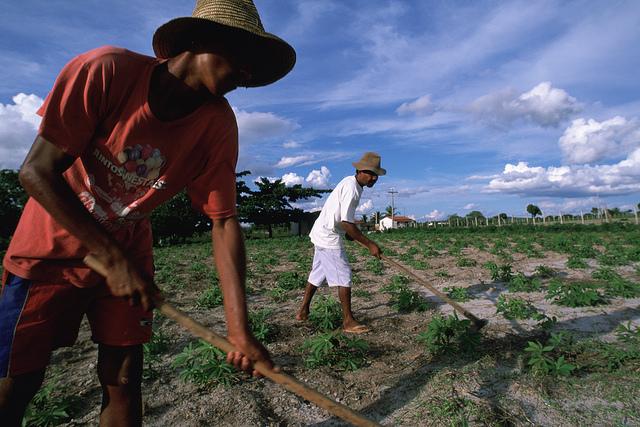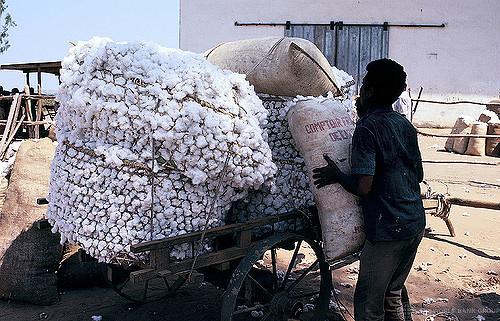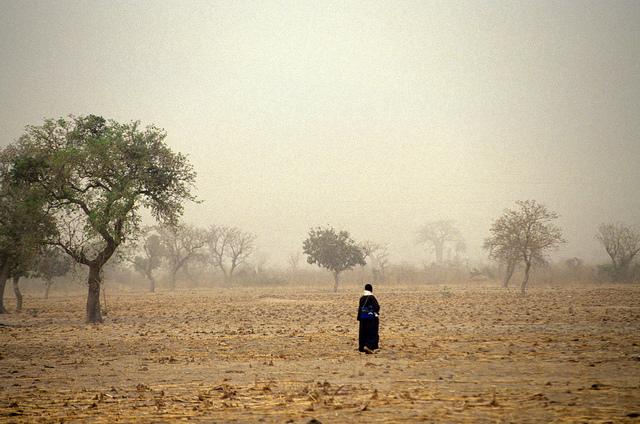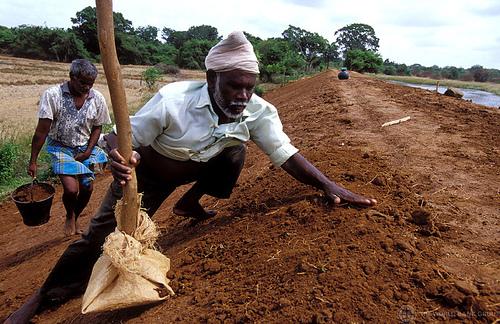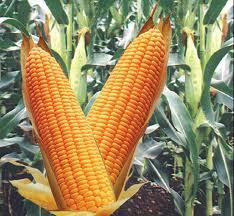02
Jun
In May 2017, the International Livestock Research Institute (ILRI) was hailed as “Innovation of the Year” from the African Insurance Awards for its work on developing the index-based livestock insurance (IBLI) in the arid lands of Kenya and the Horn of Africa. Using Normalized Differenced Vegetation Index (NDVI) that monitors livestock stress and mortality based on grazing conditions, the innovation offers a more convenient, objective measure upon which insurance contracts can be written. Which such an index insurance, herders can recover losses more quickly during and after severe droughts

